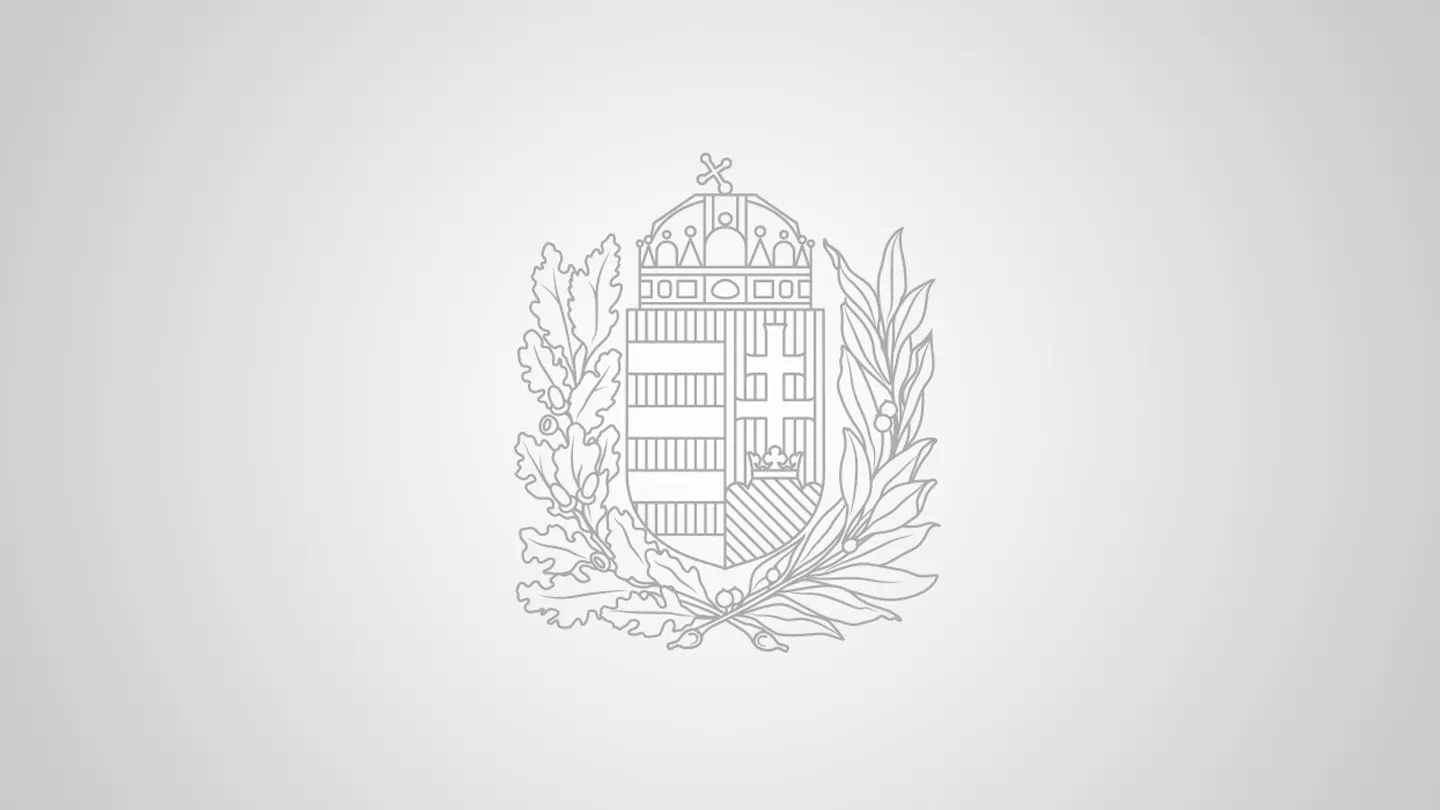
Manfred Weber nem fenyegethet, nem utasíthat
- Forrás: MTI
Budapest, 2025. június 26., csütörtök (MTI) – Manfred Weber, az Európai Néppárt elnöke „Magyarország nemzeti kormányát nem fenyegetheti és annak miniszterelnökét sem utasíthatja” – hangsúlyozza a közösségi médiaoldalán csütörtökön publikált bejegyzésben Orbán Viktor.
A kormányfő azt írja: egyáltalán nem meglepő a brüsszeli politikus azon kijelentése, hogy elege van belőle és az egyhangú döntésekből.
Weber úr ahhoz van szokva, hogy utasításokat ad az európai néppárthoz tartozó bábjának, a Tisza pártnak és elnökének. Őket a mentelmi jog intézményével zsarolja, köztörvényes bűncselekményeikből kimosva őket – fogalmaz Orbán Viktor a bejegyzésben, hozzátéve, „bár Weber úr köztudottan hungarofób, azt nem engedheti meg magának, hogy negligálja több mint kétmillió magyar ember véleményét Ukrajna ügyében”.
Manfred Weber az egyik német napilap internetes oldalán szerdán publikált interjúban, a hajlandóak koalíciójának együttműködését sürgetve a Magyar Nemzet című lap ismertetése szerint úgy fogalmazott: „különösen elegem van abból, hogy Orbán Viktor az európai polgárok fején táncol. Európa cselekvőképessége attól függ, hogy sikerül-e eltörölni az egyhangúság elvét”.
Most
További hírek